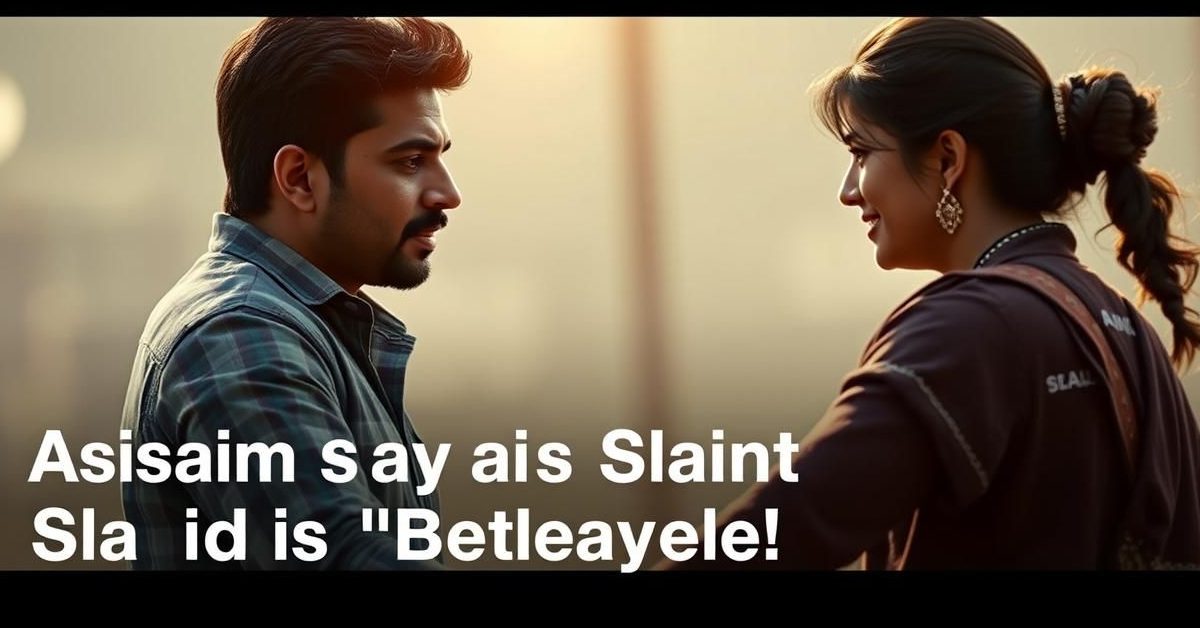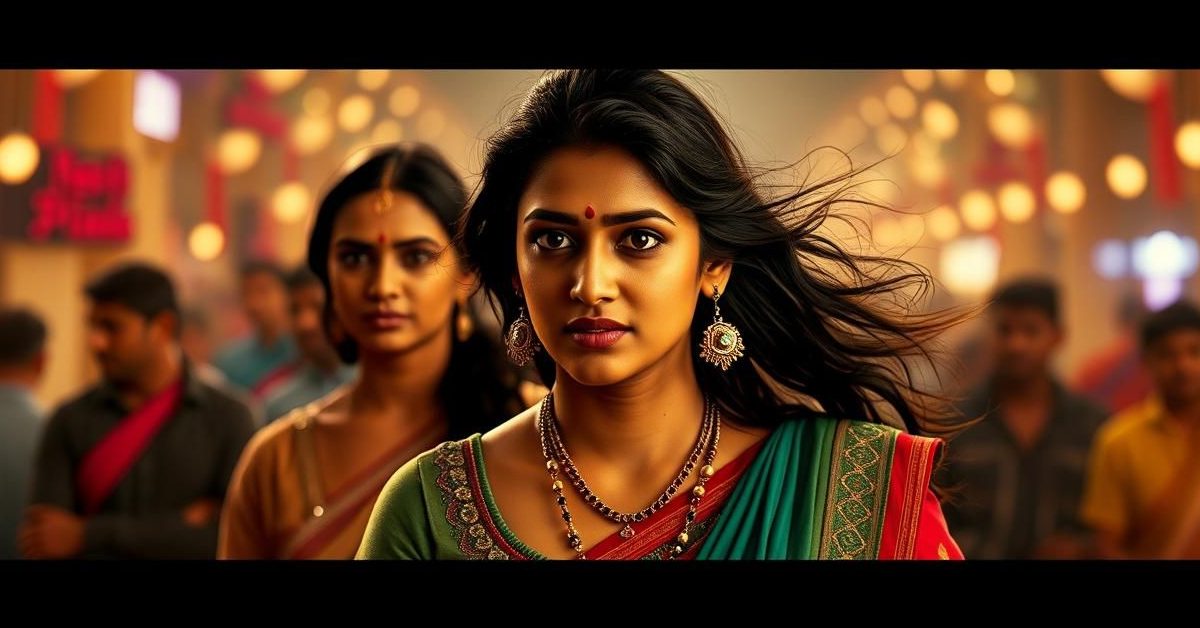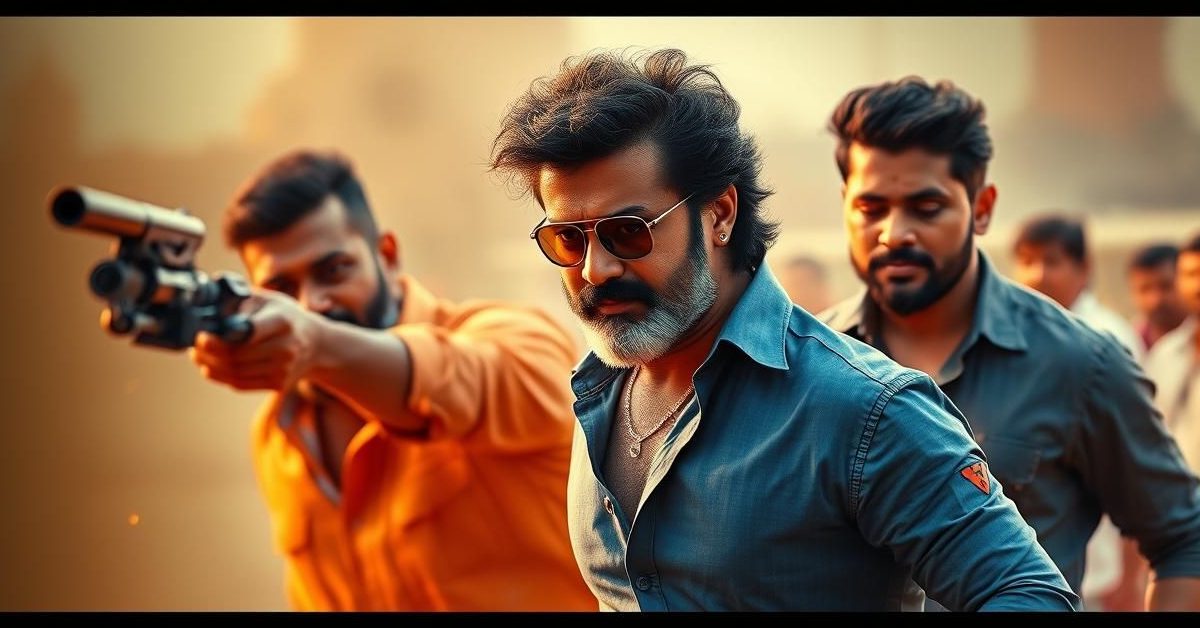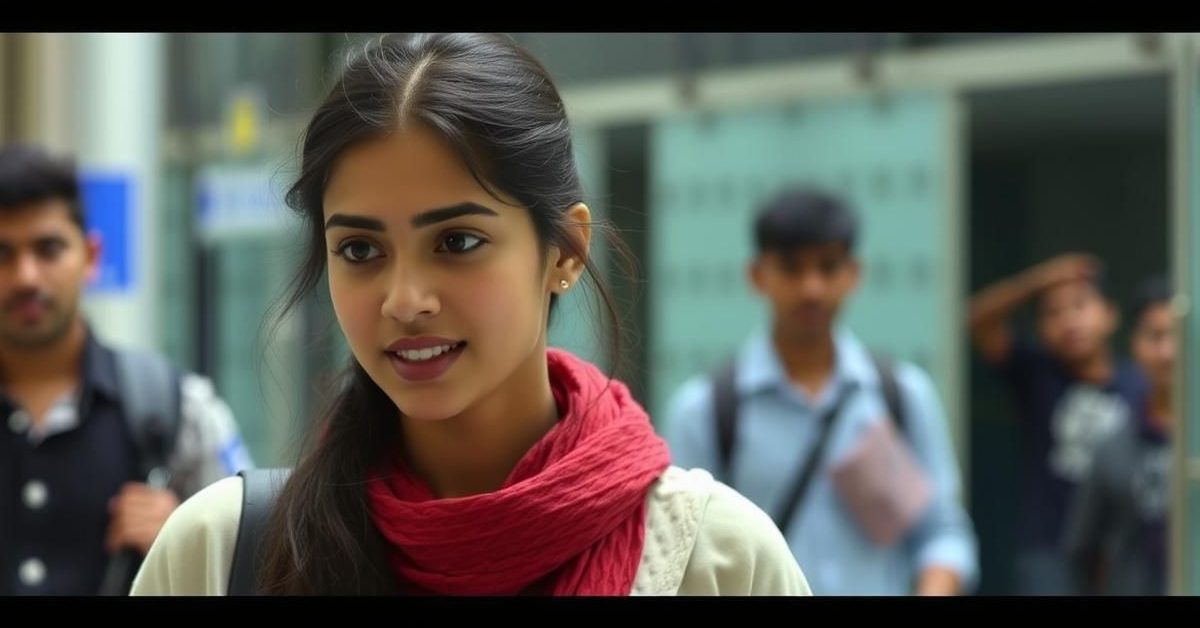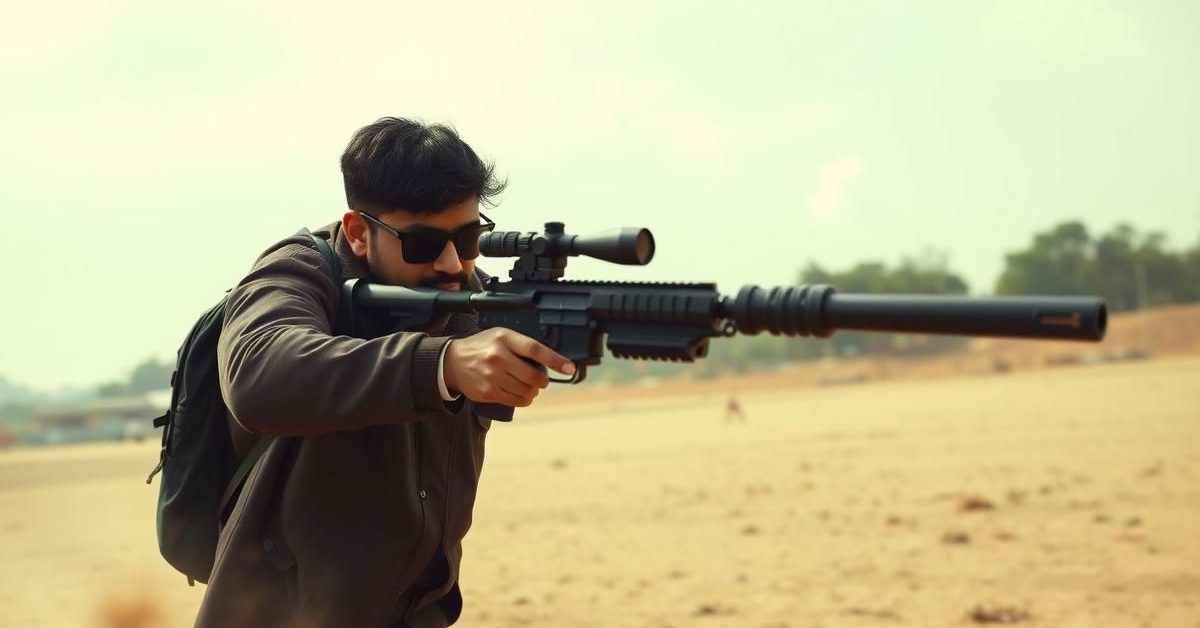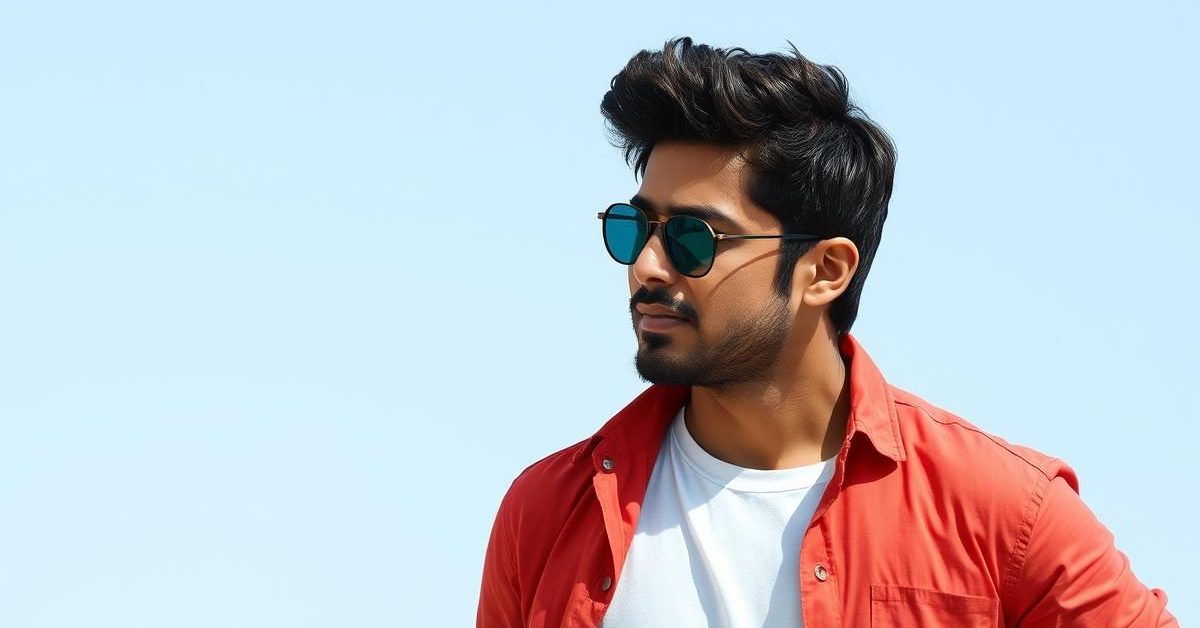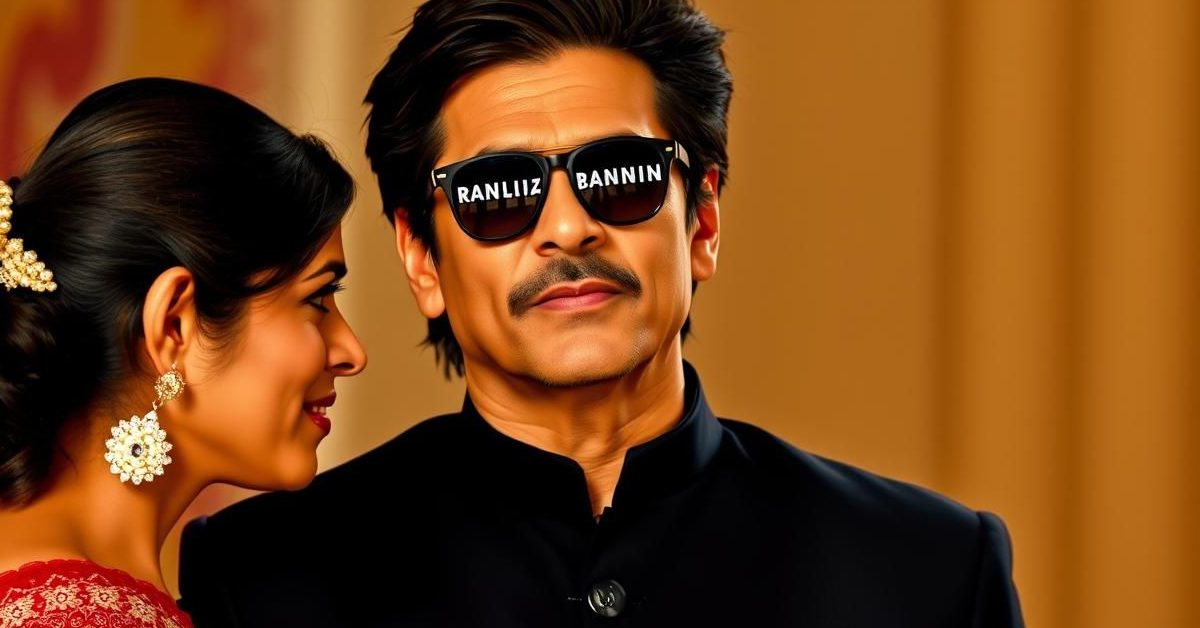Filmmaker Aanand L Rai has strongly condemned the planned re-release of his 2013 film, Raanjhanaa, with an AI-generated ending, calling it “an abject betrayal” and stating that he and his team had no involvement.
The AI Controversy Takes Center Stage
News broke recently that the producers of Raanjhanaa were set to re-release the film on August 1 with a new, AI-powered climax. This announcement sent ripples through the film industry, sparking widespread concern among fans and celebrities.
Many questioned the ethics and artistic integrity of altering a completed work without the original creators’ consent. The debate quickly ignited discussions around intellectual property and the role of artificial intelligence in creative fields.
Aanand L Rai Speaks Out
In a heartfelt Instagram post, director Aanand L Rai clarified his position, expressing deep distress over the situation. He stated that neither he nor the original team behind Raanjhanaa were involved in, or consented to, the AI-altered version.
Rai described the experience as “surreal and deeply upsetting,” highlighting the casualness with which his creative work was modified and repackaged. He emphasized that the film was a product of “care, conflict, collaboration, and creative risk.”
“Not the Film We Intended”
Rai was unequivocal in his condemnation. “Let me say this as clearly as I can: I do not support or endorse the AI-altered version of Raanjhanaa,” he wrote. “It is unauthorised. I had no role in it. Neither did the team that made the film.”
He asserted that the AI version “is not the film we intended, or made.” For the team, Raanjhanaa was more than just a movie; it was “shaped by human hands, human flaws, and human feeling.”
Rai called the modification a “reckless takeover” that strips the work of its intent, context, and soul. He found the idea of a machine altering their work and presenting it as innovation “deeply disrespectful.”
“To cloak a film’s emotional legacy in a synthetic cape without consent, is not a creative act. It’s an abject betrayal of everything we built,” Rai concluded, urging fans to understand that the AI-altered version does not reflect the spirit of the original film.
Producers Defend Their Actions
Eros Media World, the studio behind Raanjhanaa, responded to the controversy through Group CEO Pradeep Dwivedi. Dwivedi stated that Eros is the “sole and exclusive copyright holder and producer” of the film.
He asserted that the studio is “fully entitled, both legally and ethically, to adapt and re-release the film.” This includes using “advanced tools such as generative AI to reach new audiences while preserving the original’s artistic soul.”
Dwivedi countered claims of “artistic vandalism,” describing their re-release as a “respectful creative reinterpretation.” He emphasized it would be clearly labeled as separate from the original, serving as an “addition to, not a replacement of,” the original. He concluded by noting that such practices are common in global cinema.
- Filmmaker Aanand L Rai disavows the AI-altered ending of his film Raanjhanaa.
- He calls the re-release unauthorized and “an abject betrayal” of the original creative work.
- Rai states the AI version does not reflect the soul or intent of the film he made.
- Eros Media World, the producers, assert their legal and ethical right as copyright holders to adapt and re-release the film, including with AI tools.
This incident highlights the growing tension between traditional creative control and the evolving capabilities of artificial intelligence in the entertainment industry.
